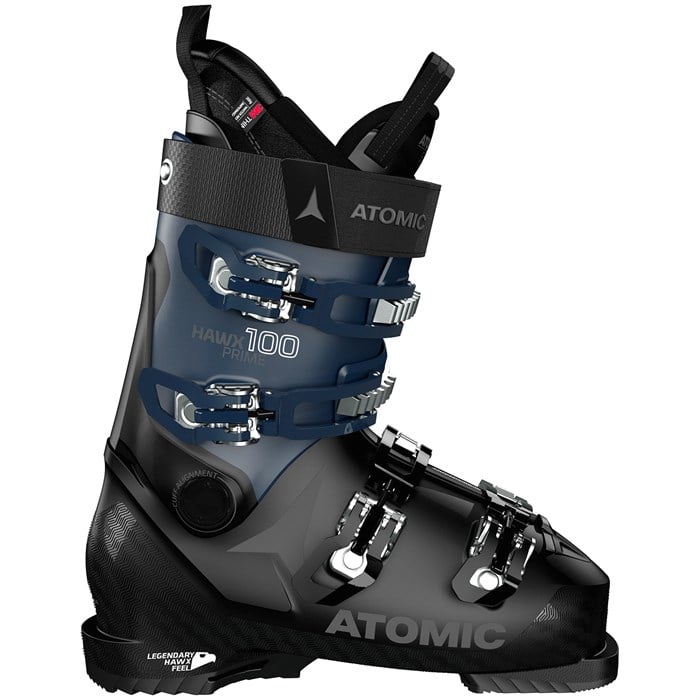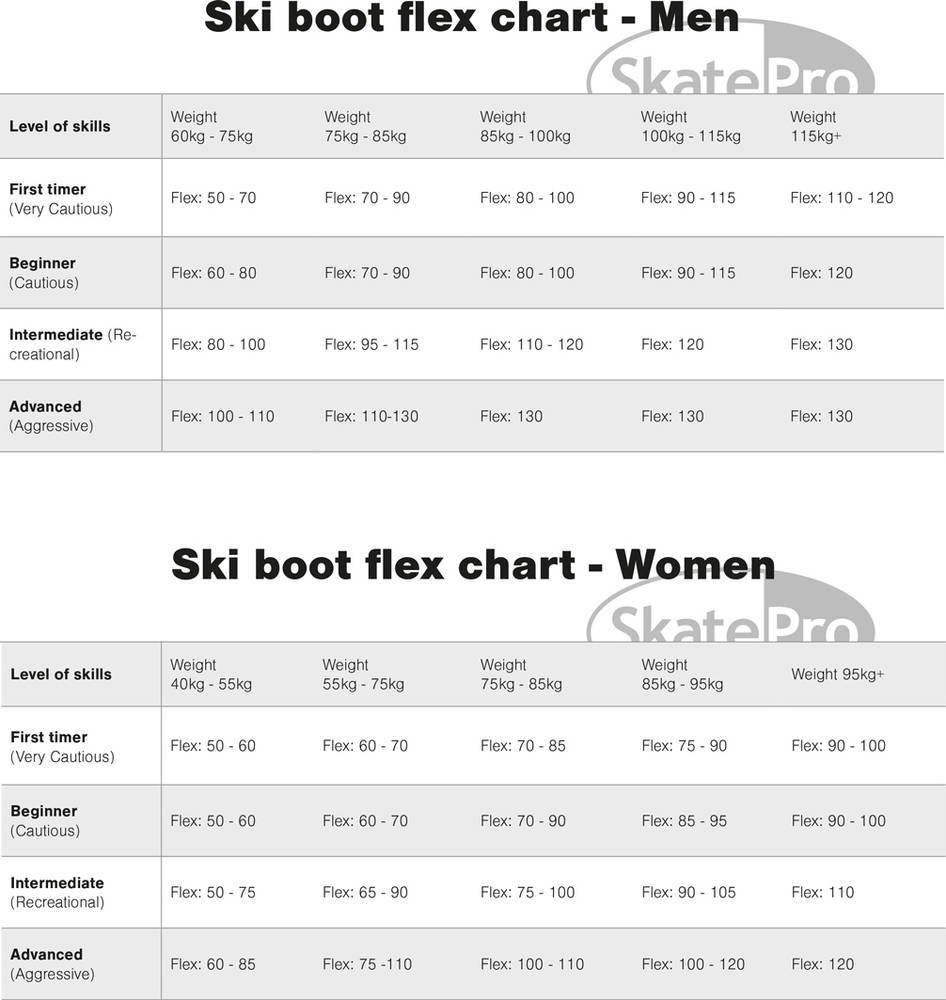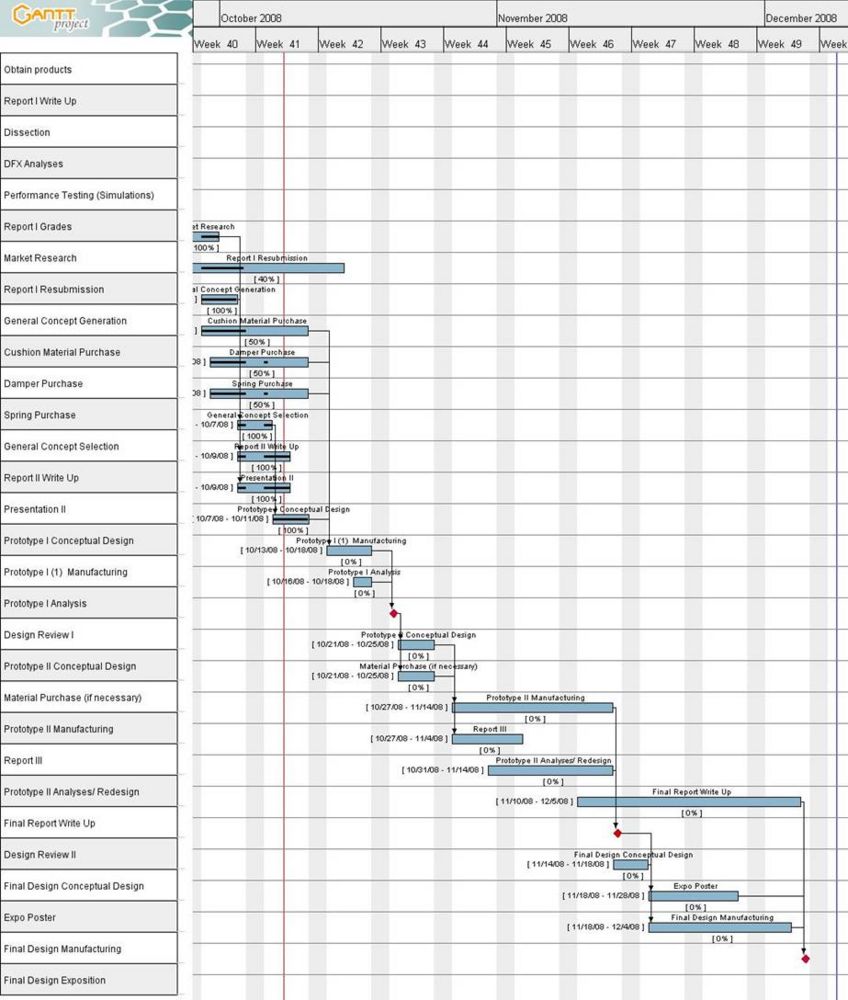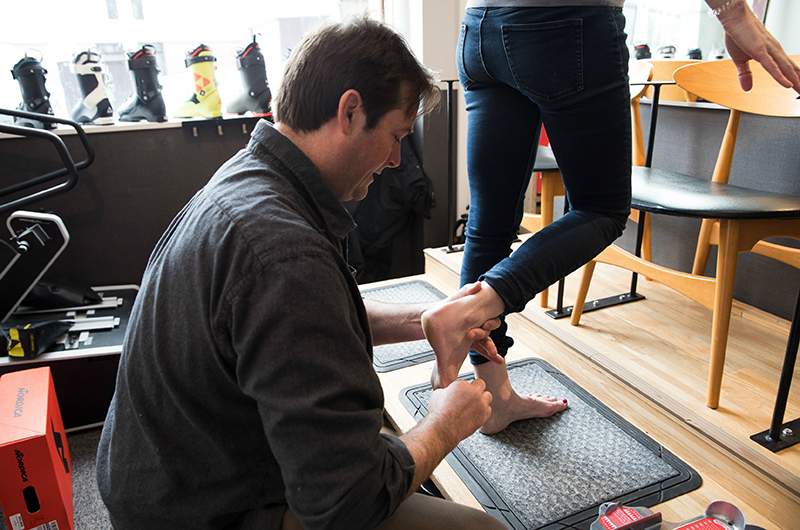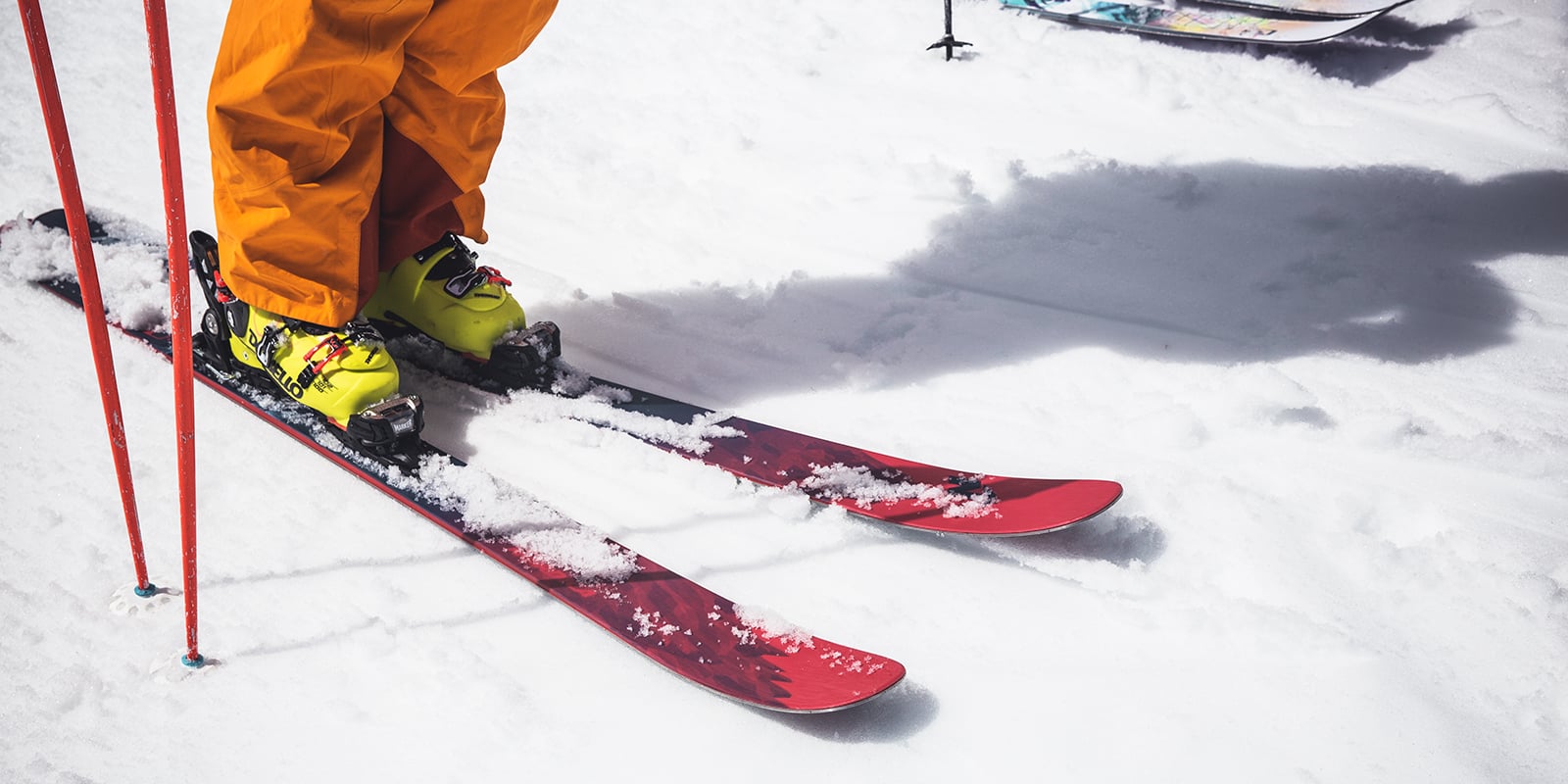A softer flex allows for easier movement of the boot s upper and lower cuff which means less force is required however there is a pay off as the rebound force will also be weaker.
Ski boot flex and body weight.
So the flex is the boot flexibility in the forward direction.
What to consider when determining flex rating for ski boots.
Experts will want a stiffer flex which will give them more control.
Typically a softer flex boot is better for freestyle and freestyle skiers as there s more movement to allow them to practice different techniques.
Boot one boot year.
Boot flex ranges from very soft to race stiffness indicated by a numeric flex index that s usually a number from 50 soft to 130 very stiff.
Please be aware that this chart is just guidance and some skiers might not fit this guide due to special preferences skills or weight.
Flex in ski boots refers to how difficult it is to flex the boot forward.
Beginner or personal preference for a softer boot.
In general the most sold alpine ski boots are with the following flex.
Ski boots are the key link between your body and your skis so finding boots well matched to the size and shape of your feet is a high priority.
Atomic ski boot weights.
Often this number is written on the outside of the boot cuff.
There are a lot of factors that go into the flex rating for ski boots.
Men between 80 130 and for women it is between 65 110.
Ski boot flex stiffness.
Weight g source indiv.
